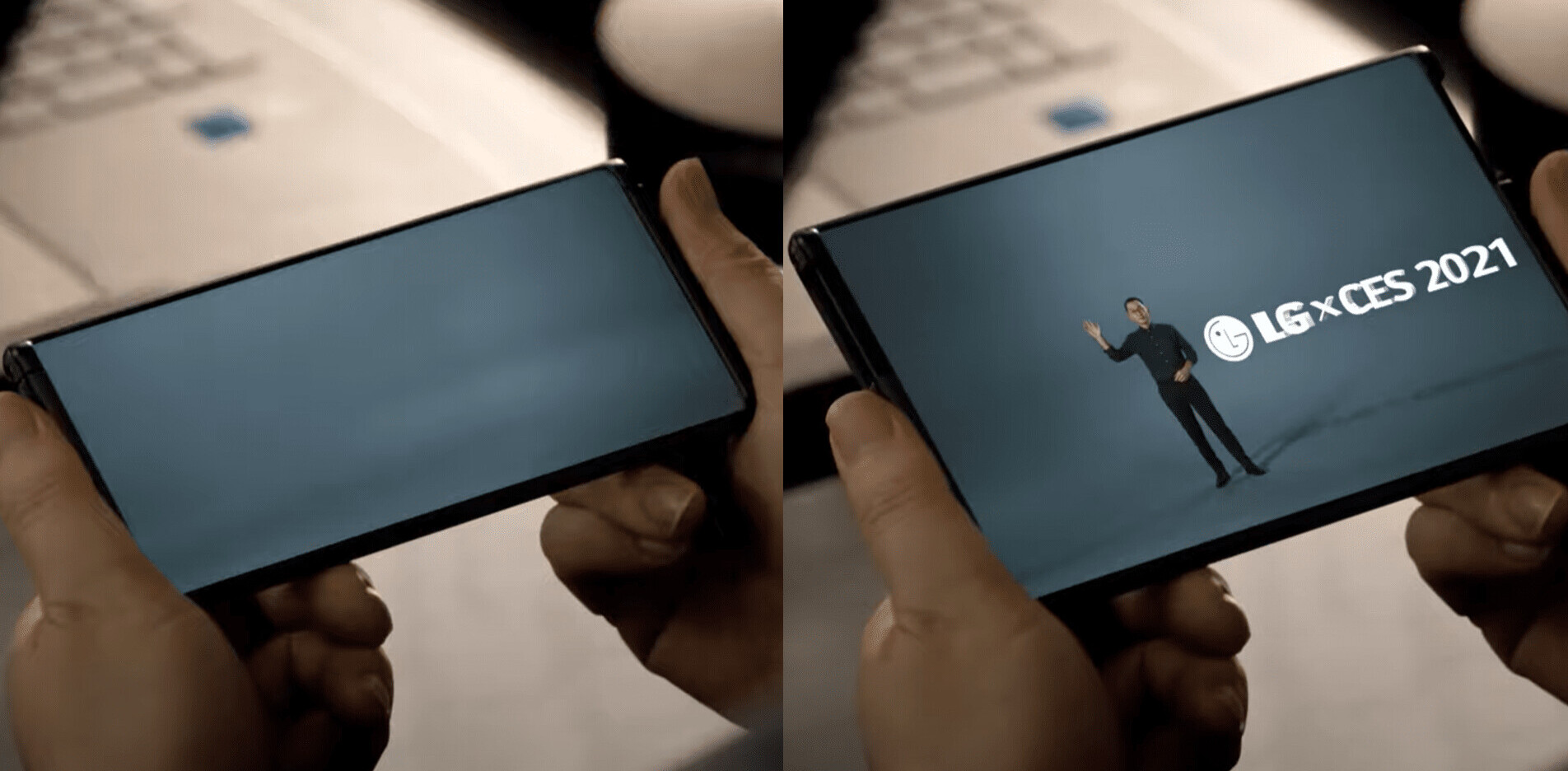
Words are powerful.
As it turns out, the power may actually come from the tone, not the words themselves.
Researchers from the USC Viterbi School of Engineering and the University of Utah have developed a program that — after listening to conversations between more than one hundred couples — can predict relationship success or failure better than a therapist.
In fact, the machine boasted a nearly 79 percent accuracy rate when predicting whether a relationship would improve or worsen based on tone of voice used when the couples spoke.
The program uses an algorithm that analyzes recorded marriage therapy sessions over the past two years. It uses speech-processing techniques that focus on pitch, intensity, jitter and shimmer — as well as slightly less quantitative measures such as “warbles” in the voice that tend to indicate increased emotion.
It’s not plug-and-play. Instead, the program relies on multiple sessions to track a sort of trajectory map for the relationship.
“Looking at one instance of a couple’s behavior limits our observational power,” said Panayiotis Georgiou, one of the leaders of the study. “However, looking at multiple points in time and looking at both the individuals and the dynamics of the dyad can help identify trajectories of the their relationship.”
According to the other project lead, Shrikanth Narayanan, the algorithm does more than analyze speech. “It’s not just about studying your emotions,” he said. “It’s about studying the impact of what your partner says on your emotions.”
The findings represent a huge step in analyzing things that were once considered too qualitative to effectively measure.
The researchers eventually plan to build programs that will help to aid in the observation of vocal language as well as body language to further aid in relationship therapy.
It’s not available to the public, but while you wait, you might give mood-sensing app ‘Moodies’ a try for your iOS or Android device.
➤ Words Can Deceive, But Tone of Voice Cannot [USC Press Room]
Get the TNW newsletter
Get the most important tech news in your inbox each week.




